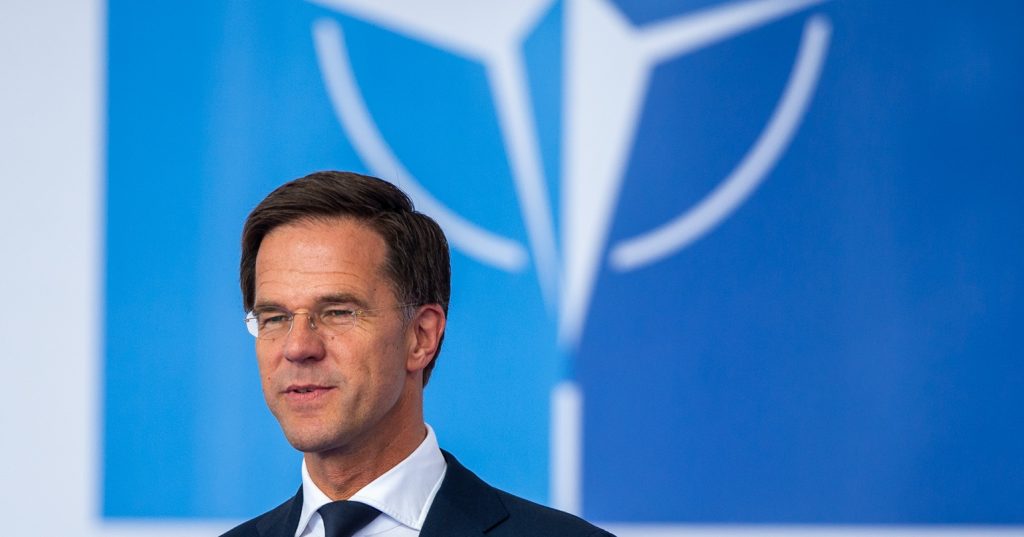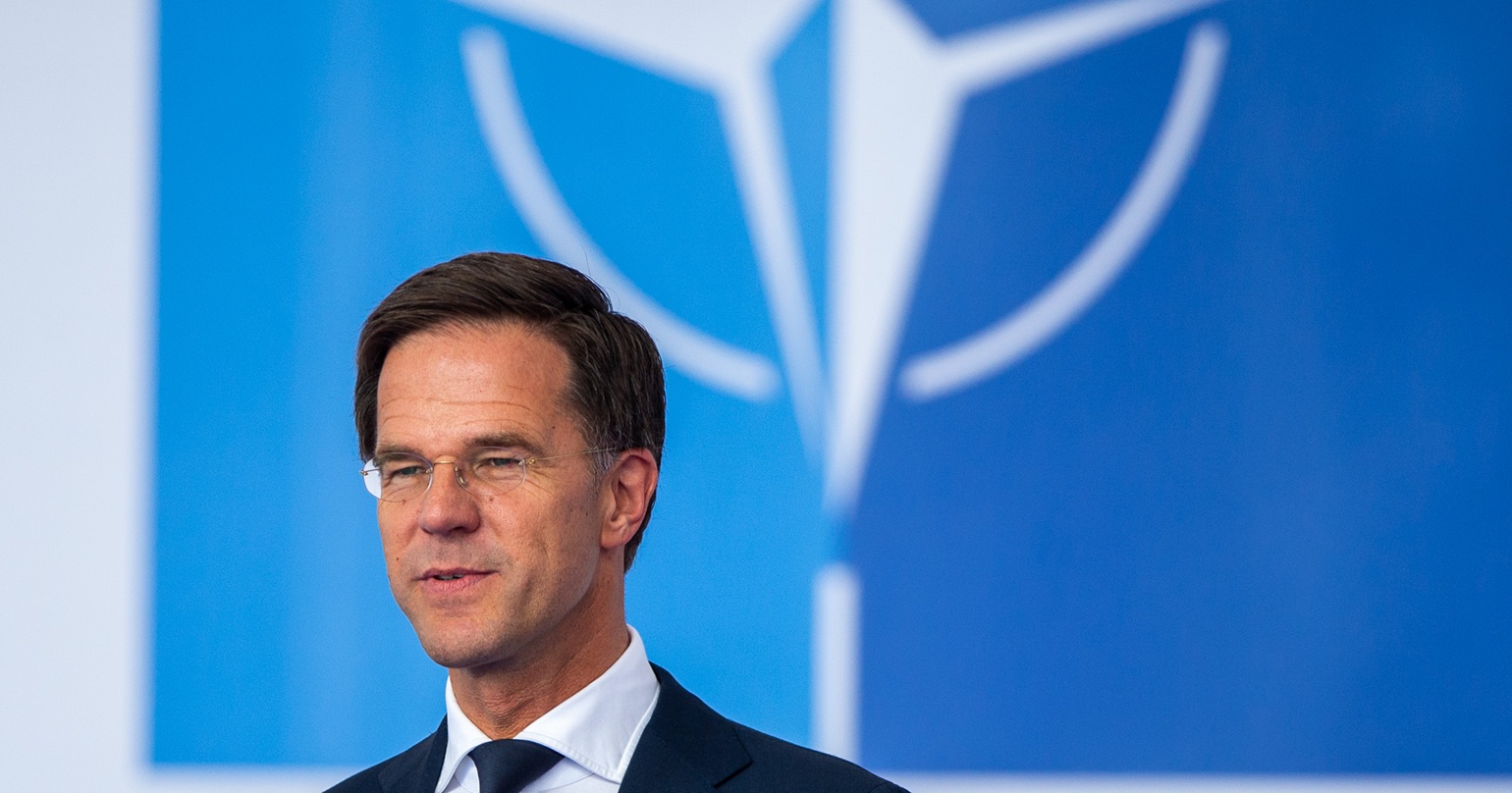
I am proposing the motion ‘Leave NATO’. So you may be surprised to hear that I believe passionately in engagement with the Alliance. As director of a think-tank I hosted well over a dozen multi-day roundtables across NATO states and inside NATO HQ, and several alternative summits that included speeches from NATO staffers. I had a US NATO diplomat come work for me after their tour of duty in the mission. It’s important to understand where people are coming from.
So why change our policy of remaining in and engaging with NATO? Because it is a mess, is inconsistent with our wider peace agenda, and supports global military confrontation. Far from a compromise, it is driven by a fear of Russia and a righteous feeling of solidarity with Ukraine. And the consequence is a Party that declares itself pro-NATO, and supports sticking with this murderous war.
Self-determination is an important but complex idea. Consider the substantial minorities that have experienced repression and corruption inside Ukraine. Does self-determination give corrupt elites the freedom to sell large swathes of land and resources to US agribusiness and extraction firms?
And what about the reckless decisions by the Ukrainian leadership to walk away from the April 2022 negotiations in Türkiye when reassured by Boris and Biden that they would have their backs and supply them with the military kit they needed?
Let me say this clearly and unambiguously. A binary and unwavering commitment to military support for the Ukrainian government on the basis of self-determination is not only over-simplistic, it is a militaristic attitude that destroys the prospects for peace. Peace requires some degree of justice, but when we attach to our own perspective this quickly turns to a call to arms. As it has for so many conflicts throughout history. Those of us that are professional negotiators understand that peace is messy, and requires humility and understanding of all stakeholders. The opposite of NATO’s approach.
I am currently proposing a complex peace plan to the Trump Administration that has been crafted by retired diplomats from US, UK and Ukraine that has a chance of success if taken seriously. But it does not look pretty, or fair to those hopelessly hooked on the yearning for Ukrainian victory… and it requires the West to contemplate limiting and making conditional its support.
If you don’t like this, just reflect for a moment on the costs of this war so far, one that is currently going Russia’s way. Many hundreds of thousands of direct casualties and devastating destruction. Migration of millions. Economic costs of trillions of dollars to the wider international community, exacerbating a cost-of-living crisis across Europe. Massive increases in military spending and arms racing. All this deeply harming the capacity for global governance over issues like nuclear disarmament at a time of rising global catastrophic risk.
It is often said that the only language Russians understand is threat and force. I hear the same from some Russian colleagues about NATO, particularly the US and UK. If this is all we see this is all we get. Both sides trapped in the demonisation. NATO claims to be defensive against Russian aggression, but its actions over the last 30-odd years suggest otherwise.
I am no defender of the Kremlin. Russia and China are threats to international stability. But our confrontation with Russia and China is driven by a mutual dominate or be dominated attitude.
We need to be altering the DNA of European security architecture, to realise the dream of European solidarity outlined in the 1982 Palme Report and at the Helsinki Citizens Assembly I attended in Prague in 1990 at the end of the Cold War.
I got this far without mentioning Donald Trump and his abuse of the NATO transatlantic relationship to force subservience and a massive hike in military spend. I didn’t mention that NATO has boldly stated that it will remain a nuclear alliance as long as nuclear weapons exist, nor that it has attempted to block multilateral nuclear disarmament initiatives. I didn’t mention Starmer’s ludicrous decision to allocate UK-purchased F35A aircraft to the US nuclear mission within NATO.
My final thought is around the Green Party’s model of change. I believe that we need to be expressing clearly our values and policies that express them. Then, in engaging with others of different opinions we should hold those policies lightly, be adaptive and sensitive, and to demonstrate our ability to listen and collaborate. But to do this and have public confidence, people need to know clearly who we are and what principles and values guide our politics. Peace surely lies at the heart of this. Membership of a nuclear alliance that drives global confrontation surely does not.
This motion roots out a deep inconsistency in our policy. Please prioritise it in the ballot.
Image credit: NATO – Creative Commons
